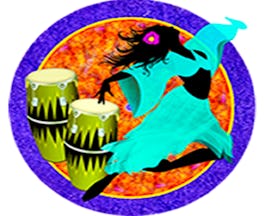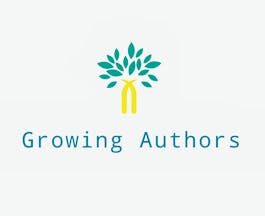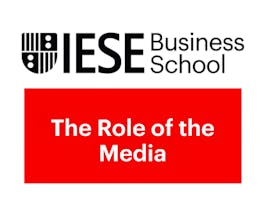Filter by
The language used throughout the course, in both instruction and assessments.
98 results for "journalism"

University of Florida

Rutgers the State University of New Jersey
Skills you'll gain: Marketing, Strategy
 Status: Free
Status: FreeUniversiteit Leiden

University of Colorado Boulder
Skills you'll gain: Public Relations

Coursera Project Network

IESE Business School

Skills you'll gain: Data Analysis, Data Visualization, Exploratory Data Analysis, Process Analysis, Databases, Data Management, Extract, Transform, Load, Statistical Programming, SQL, Business Analysis, Spreadsheet Software, Operational Analysis, Data Analysis Software, Microsoft Excel, Visualization (Computer Graphics), Communication, Critical Thinking, Interactive Data Visualization, Programming Principles, Statistical Visualization, Big Data, Collaboration, Organizational Development, Plot (Graphics), R Programming, Strategy, Tableau Software, Storytelling, Strategy and Operations, Business Communication, Graph Theory, Project Management, Data Structures, Graphic Design, System Security

Rice University
Skills you'll gain: Communication, Customer Relationship Management, Leadership Development, Leadership and Management, Decision Making, Strategy, Influencing, Adaptability, Conflict Management, Employee Relations

Morehouse College

University of Michigan
Skills you'll gain: Writing, Planning, Resilience
 Status: Free
Status: FreeThe University of North Carolina at Chapel Hill
Skills you'll gain: Data Management, Leadership and Management, Planning, Clinical Data Management, Data Analysis, Data Warehousing, Databases, Regulations and Compliance, Research and Design, Database Administration
 Status: Free
Status: FreeNortheastern University
Skills you'll gain: Security Engineering
Searches related to journalism
In summary, here are 10 of our most popular journalism courses
- Healing with the Arts: University of Florida
- Influencer Marketing Strategy: Rutgers the State University of New Jersey
- International Humanitarian Law in Theory and Practice: Universiteit Leiden
- The Nuts and Bolts of Public Relations: University of Colorado Boulder
- Create Student Books with Book Creator: Coursera Project Network
- The Role of the Media: IESE Business School
- Google Data Analytics (PT): Google
- Relationship Management: Rice University
- Activism in Sports and Culture: Morehouse College
- Writing and Editing: Revising: University of Michigan










